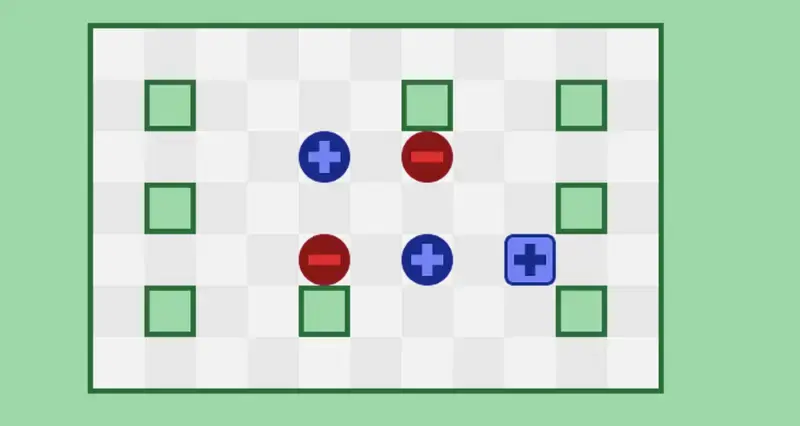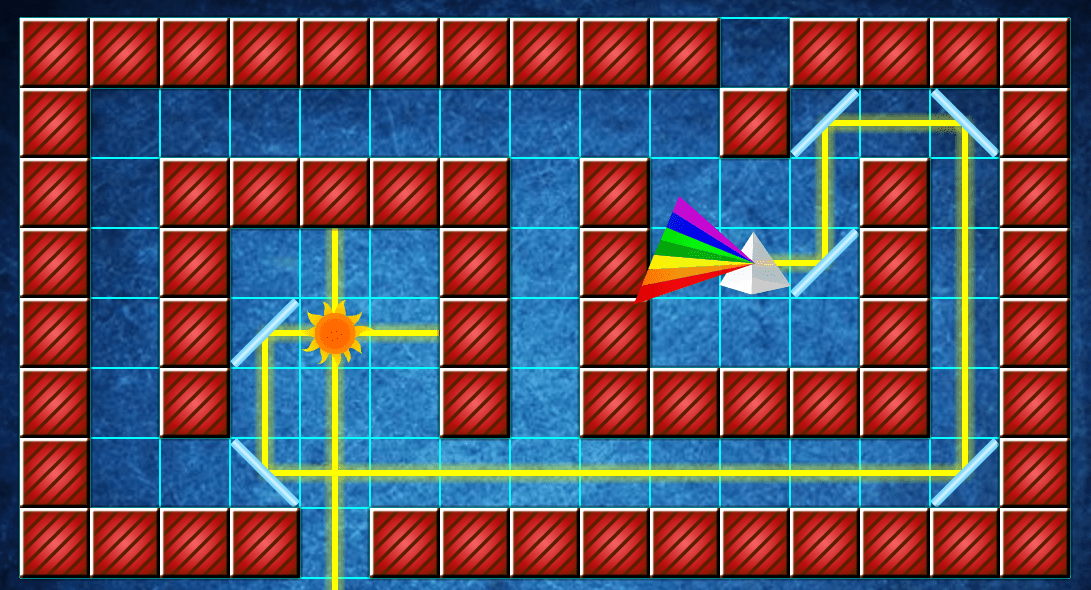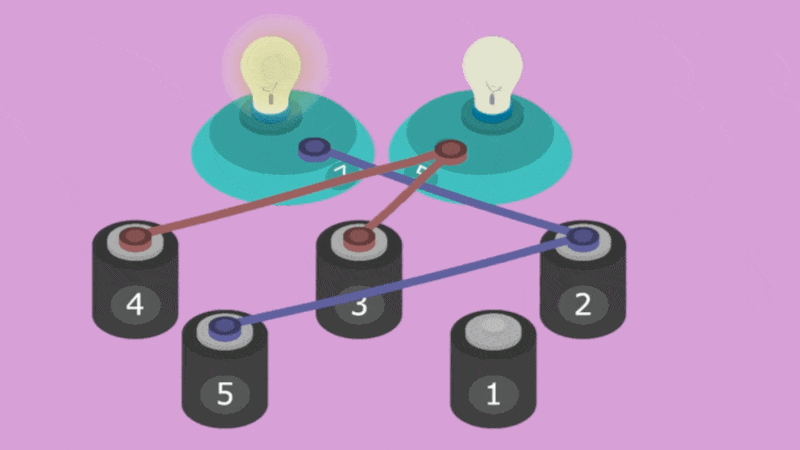Learn Scientific Concepts With Our Science Games

What comes to your mind when you hear the word “science”? Maybe you think of complex theories, school lessons, chemistry, biology, or physics. You may even think science is only for people who are “good” at it. Science, however, is much more than that. It is a way to explain life-cycles, every ecosystem, why the human body has different functions, or what celestial bodies we can find in outer space. The list of questions goes on, and with them, a world of scientific concepts to learn. With so much to discover outside, is there a good way to grasp scientific concepts beyond the classroom?
How Science Games Can Help Those Struggling With Learning Science
One of the best ways to improve how we learn science is through games. While being a refreshing method to teach science, games also prompt critical thinking, problem-solving skills, and other important skills to use in real-life scenarios. Let’s take a look at the ways science games improve the way we learn.
1) Games make learning science fun
Research has shown that fun and interactive lessons make learning more engaging and long-lasting, whether the students are preschoolers or high school students. You can learn from many fun science activities, such as lab experiments, dioramas, worksheets, or using the scientific method to prompt questions. However, educational games have a different impact, as they make learners link new science concepts with enjoyable activities. Moreover, the “gamification” of learning (that is, including rewards, prizes and game-like elements) can increase the motivation to learn.

One example of a fun game that shows us how learning complex ideas can be enjoyable is Rainbow Mechanic. This game is a fun way to delve into physics with a hands-on approach. It helps us learn the reflection of light by placing us in a maze where the player has to find the right angles to let the light out. Learning games such as this one are an engaging way to introduce young elementary school students to the physics of light and color.
2) Games display concepts from a different perspective
Sciences can be difficult to grasp because they explain things we cannot see. Physics and biology describe phenomena that happen on a microscopic level or from far away in outer space. The good thing is you don’t need a spaceship to explore our galaxy or a microscope at home. Games offer excellent simulations where gamers interact with these concepts and approach them from a different perspective.

For instance, a fun game to understand how cells divide is Mitoosis. In this click-and-drag game you have to fill-in the spaces with cells of the same color. Along with this, the game is designed to look as if you were observing the cells under a microscope. Another game to explore worlds beyond Earth is Last Horizon, an adventure game that takes players to the most remote corners of our solar system. In this game, you have to guide a spaceship avoiding black holes and asteroids, and stopping on different planets to fuel the ship.
These are only two examples, but as you can see, games can take the farthest and the smallest worlds into our computer or tablet screens. Through a hands-on approach, players can take the science curriculum to their homes.
3) You don’t have to be good at science to be good at gaming
If sciences aren’t your strongest skill in school, you might wonder why a game would help you learn better. Well, one of the benefits of games is that they involve multiple cognitive skills and senses. If a topic like magnetism seems too difficult to understand in the classroom, a game can help you practice the concept and associate it with other senses. For example, you can play a game such as Polarity Switch to let the sounds and keyboard commands help you learn the basics of magnetism: opposite poles attract and like poles repel.

Another benefit of science games is that you can learn at your own pace. Let’s say you’re struggling to understand electricity and voltage. You can go elect to play games such as Batteries Inside, where you can explore these science topics while letting yourself be guided by the numbers that indicate the voltage your batteries need. It doesn’t matter if it takes you one or more tries to grasp the idea. The good thing about games is that you can try as many times as you need until you understand a concept.
Remember: Science Games Can Be for Everyone
Science games aren’t just for gamers in the same way they aren’t just for those who enjoy sciences. You can make learning fun by involving other activities you enjoy. The key to using games to learn science is understanding that there is no one-size-fits-all learning experience. You can mix your classroom lessons with a gaming session after school. Games are meant to make learning fun by showing complex concepts through different perspectives, no matter how good or bad you are at science.
As we’ve seen, science games help us see life and the universe with new eyes. If you want to learn more about this topic, check out a few of our Coolmath Games blogs behind these games that challenge your knowledge in a fun and educational way.